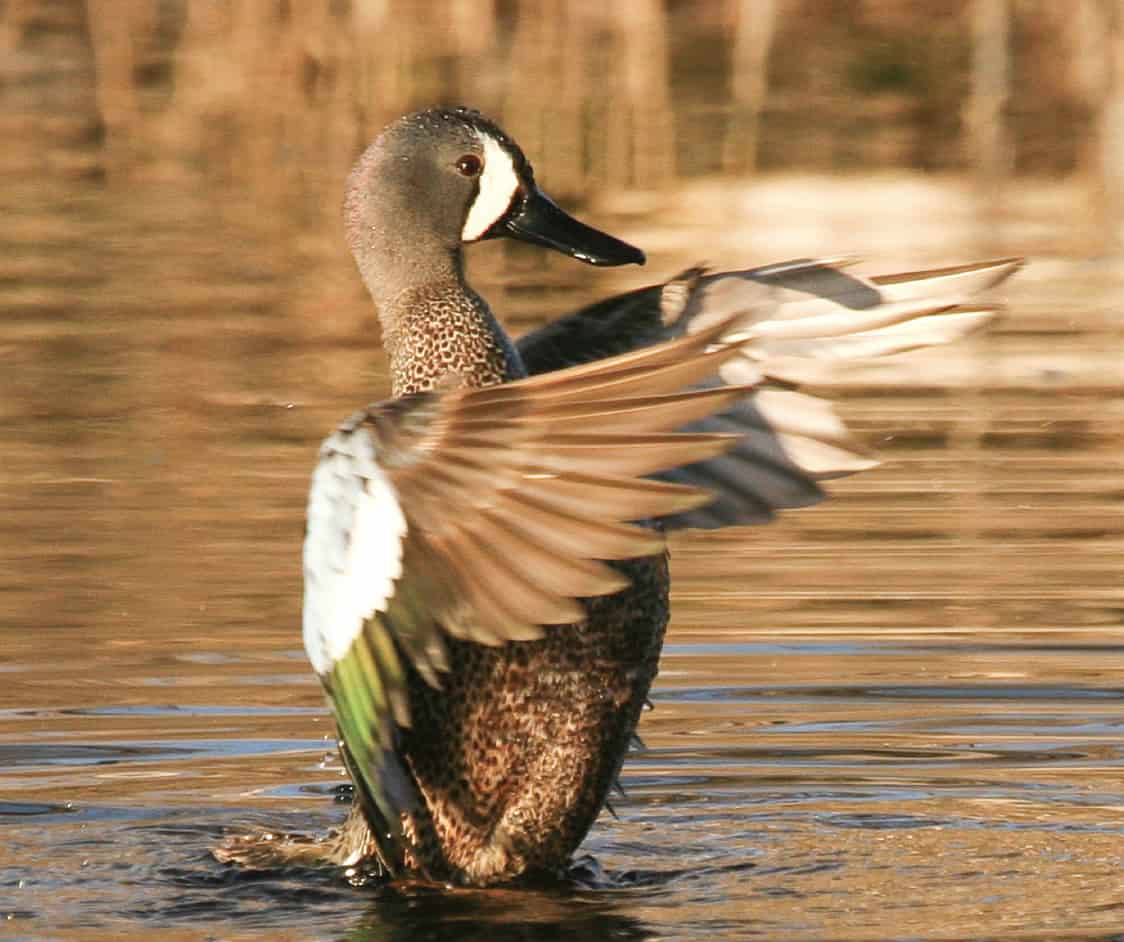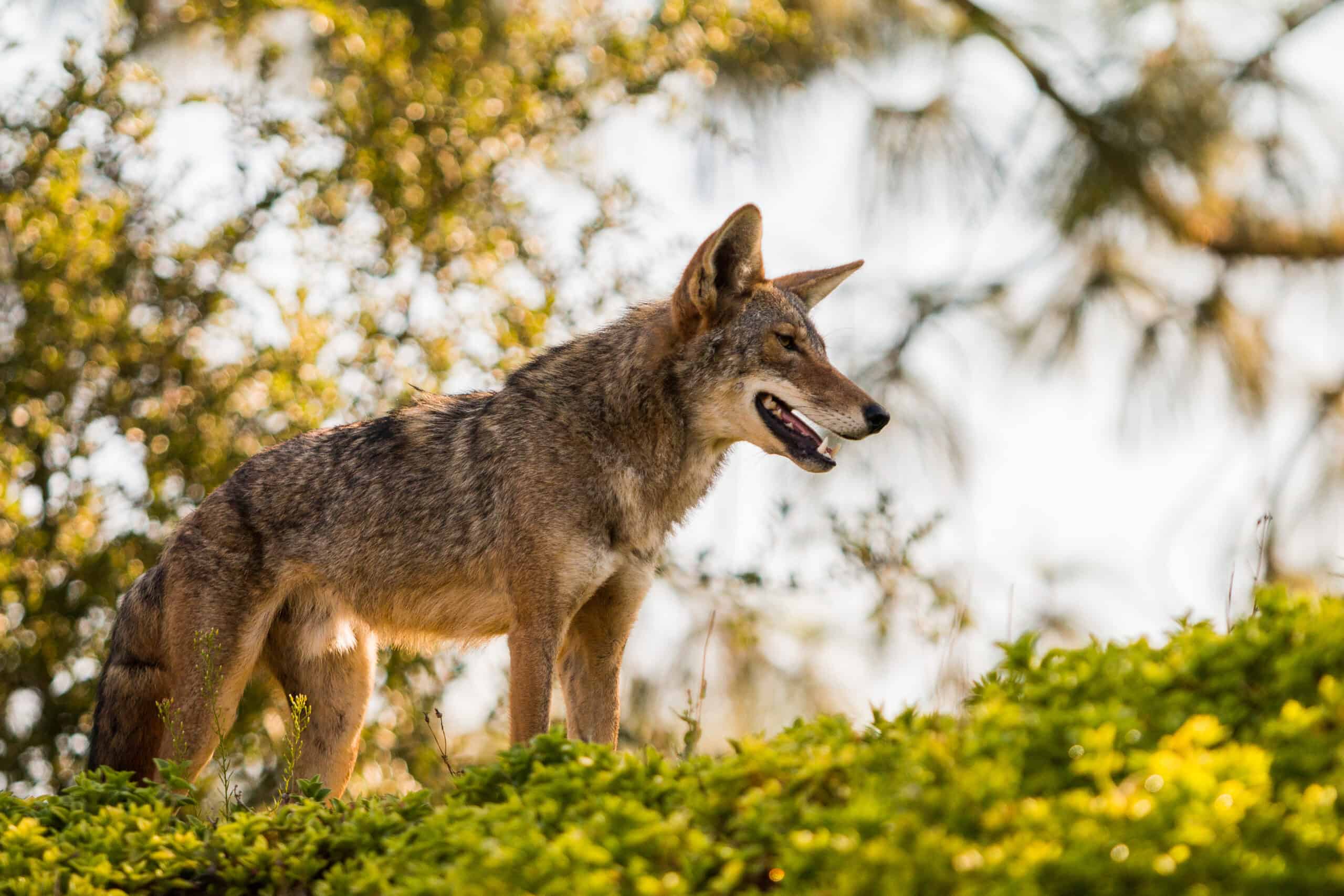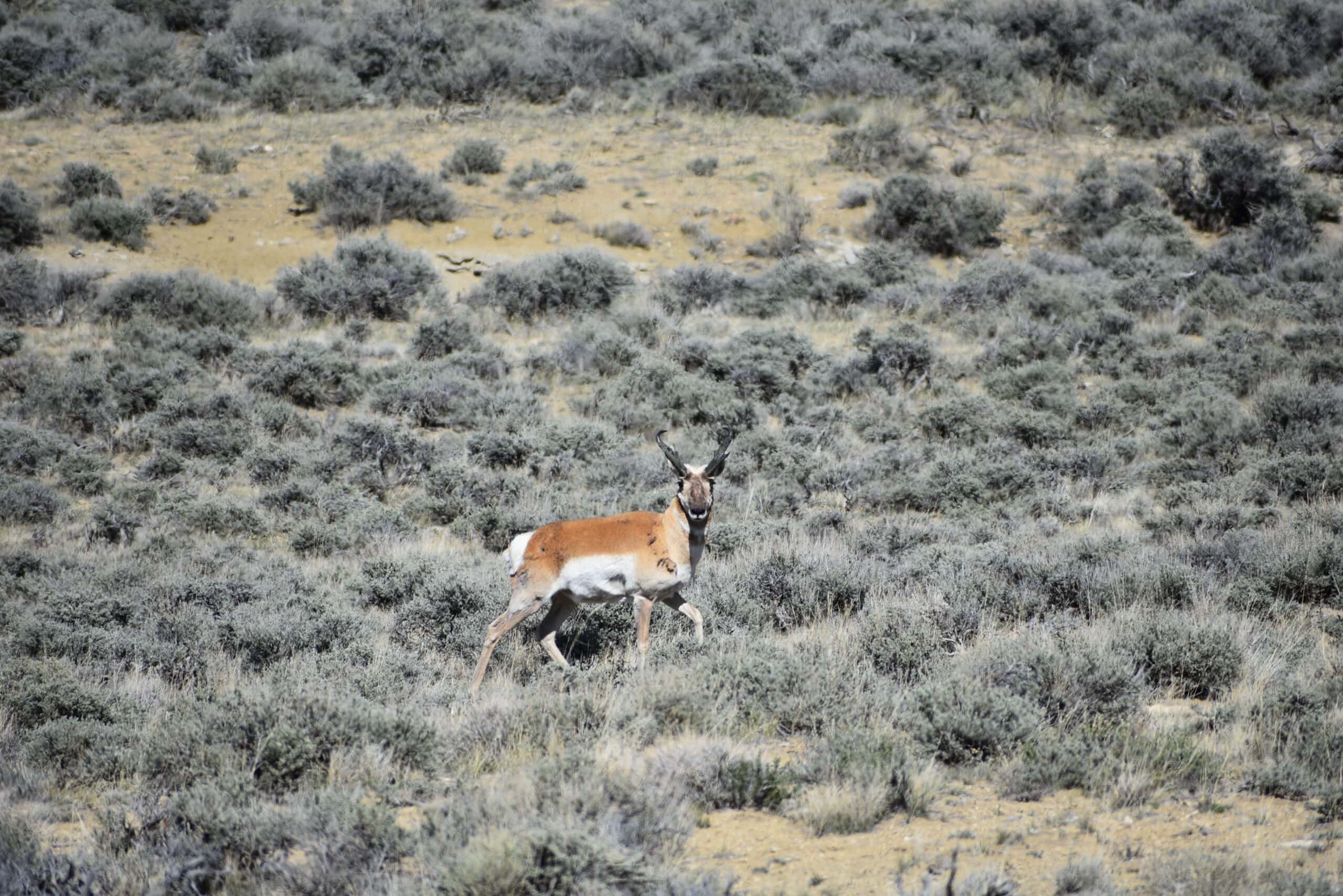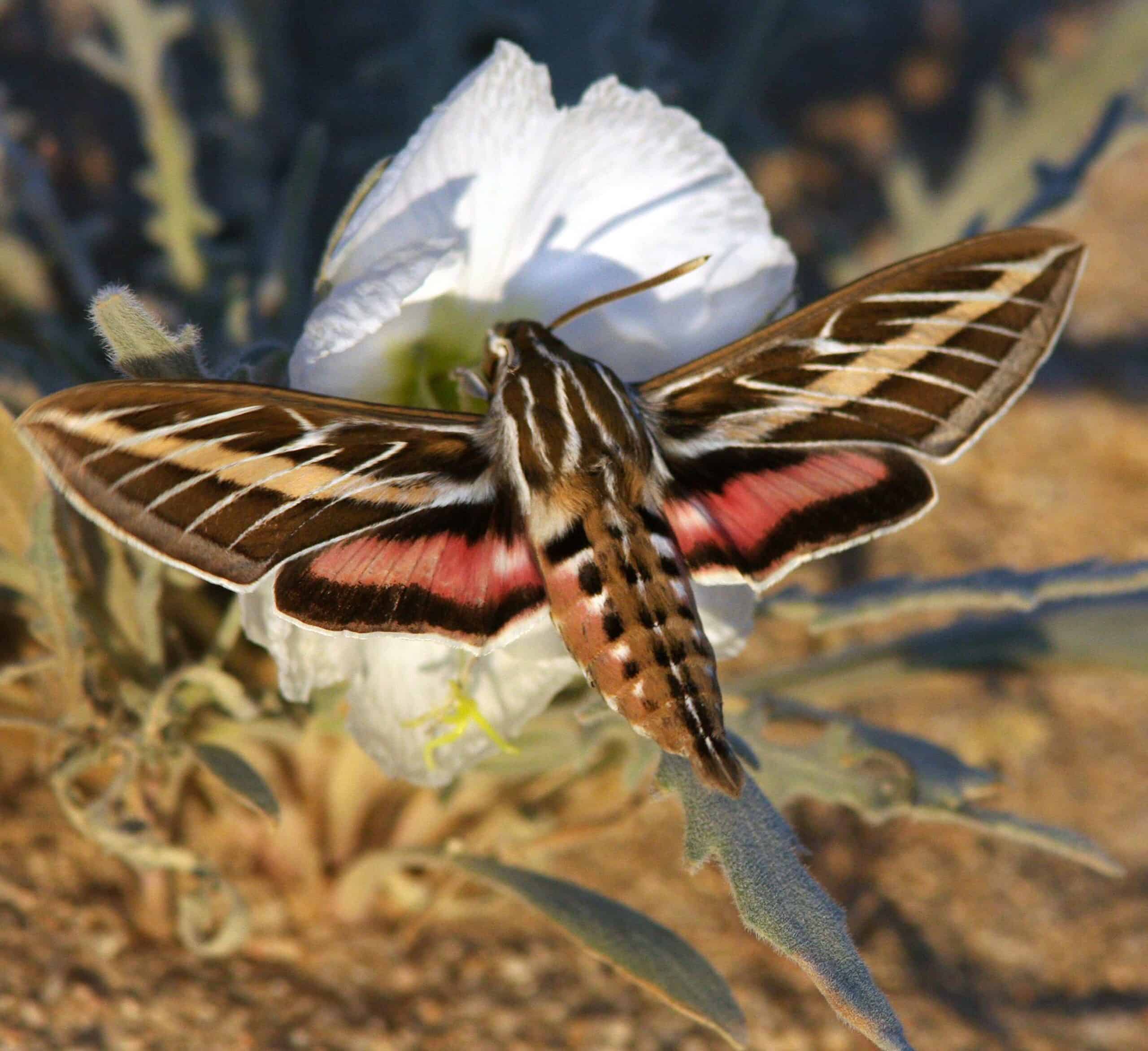
Chemical pollution interferes with pollinator work
Fossil fuel chemicals may affect pollination at night
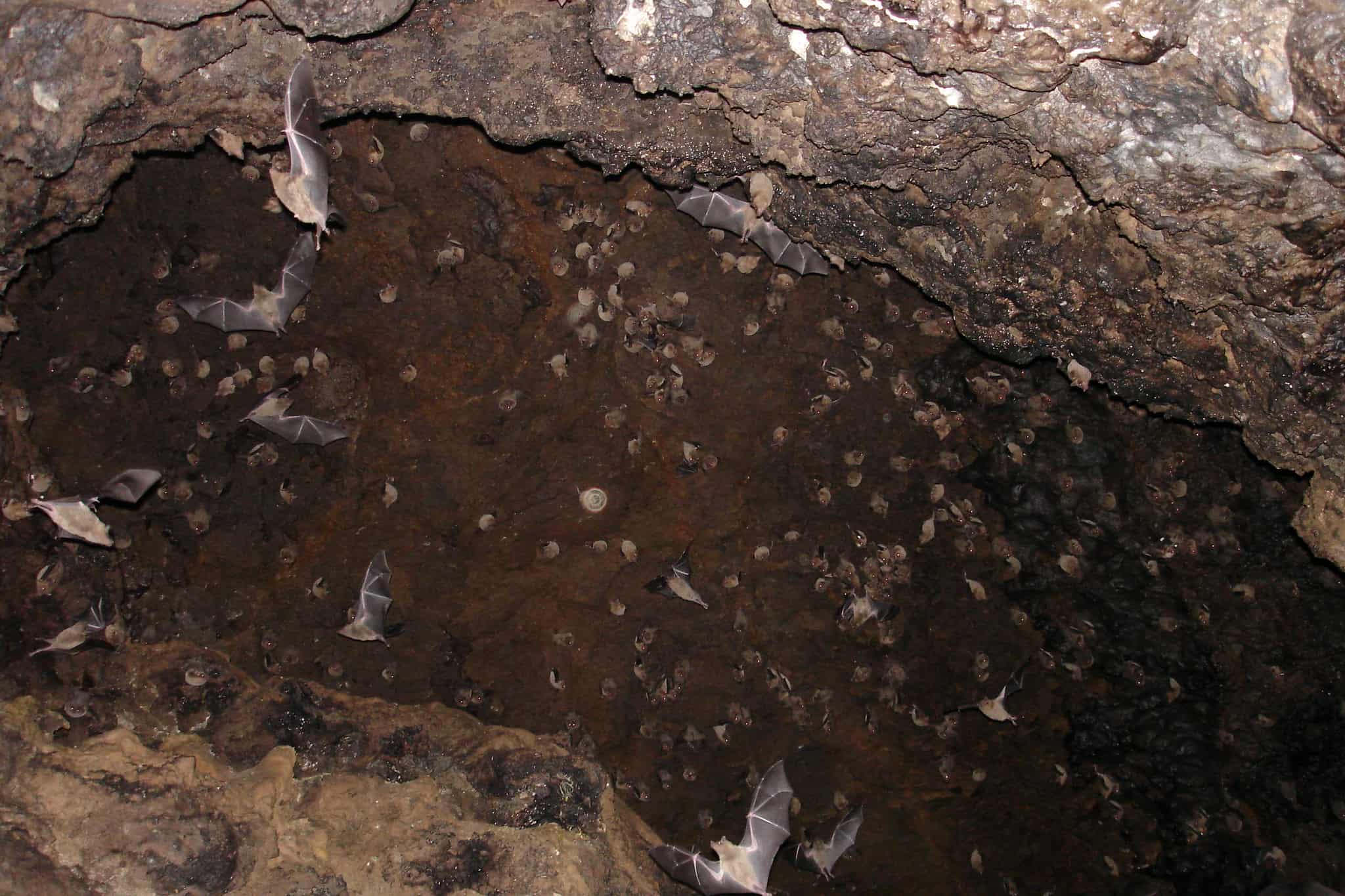
Can bats and tequila coexist in Mexico?
Researchers explored incentives to make tequila more bat friendly
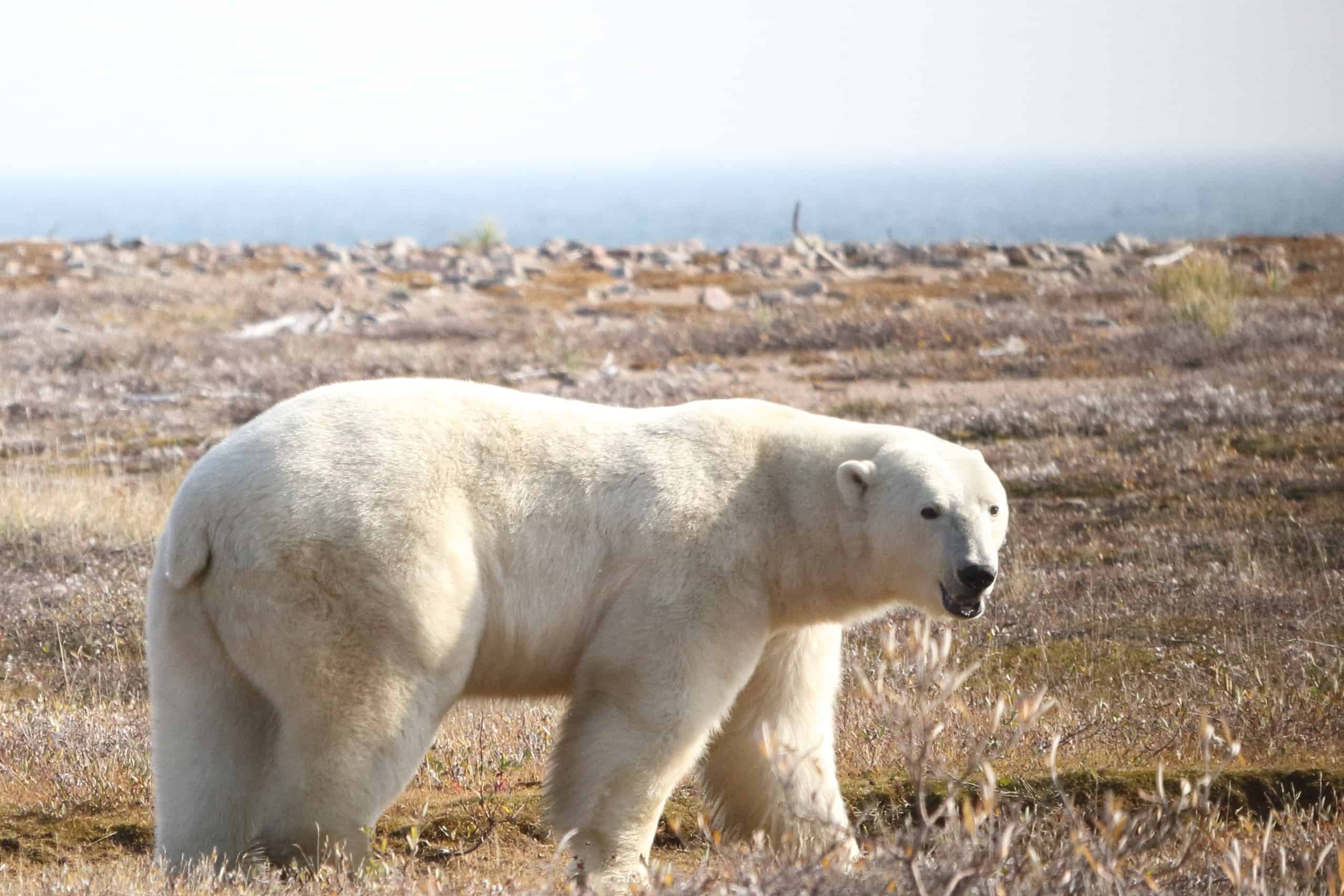
As Arctic summers lengthen, some polar bears are at increased risk of starvation
The bears are losing body mass as they spend more time on land
PAID AD

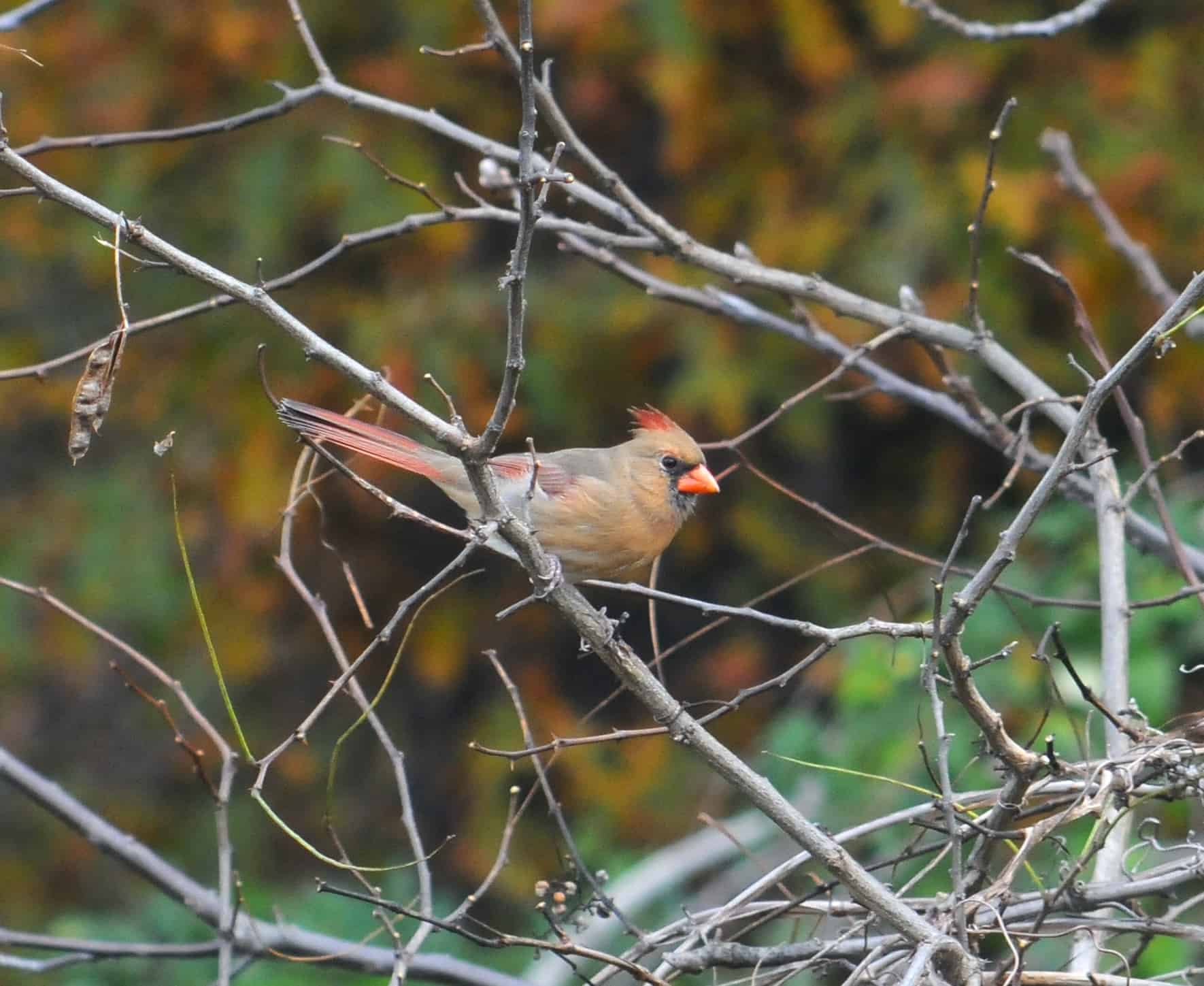
Southern birds are replacing northern species in Canada’s protected areas
These areas may offer a steppingstone to birds fleeing warmer temperatures
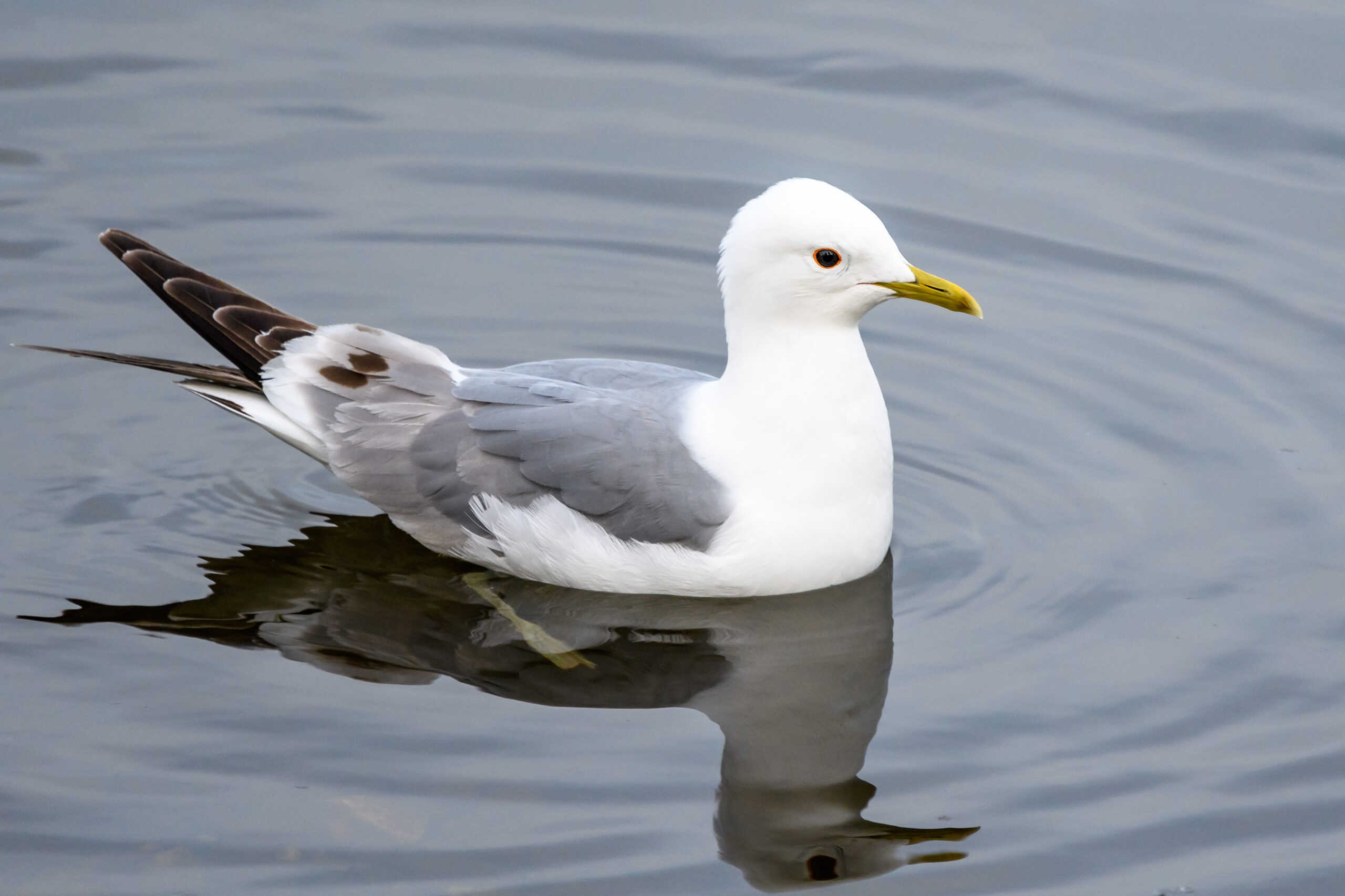
Arctic gulls choose fast food over organic meals
Researchers turned to machine learning to find out where short-billed gulls were showing up in Fairbanks, Alaska
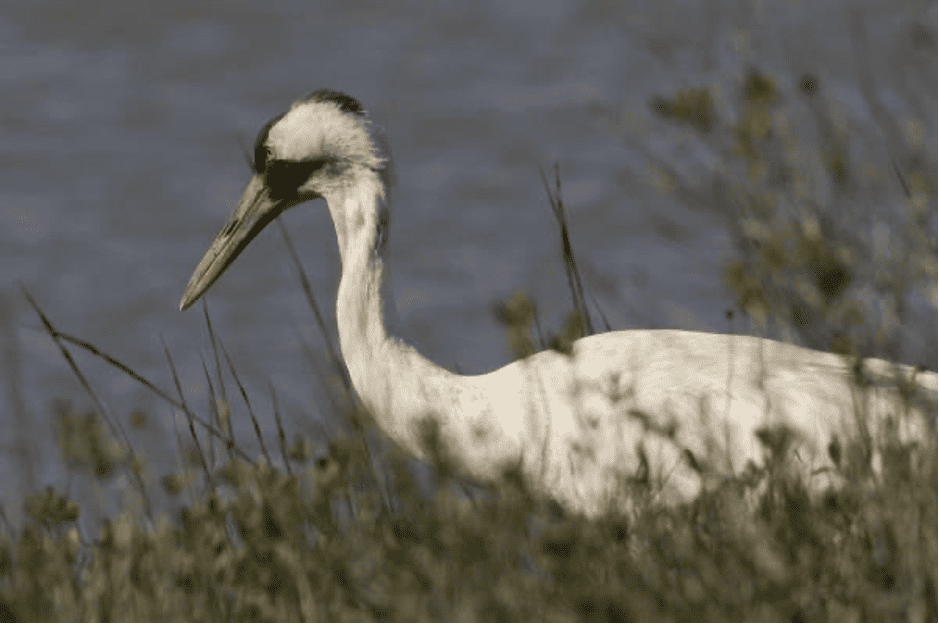
Q&A: A little flexibility can stretch conservation dollars
Researchers say rigid funding rules can be a setback to conservation

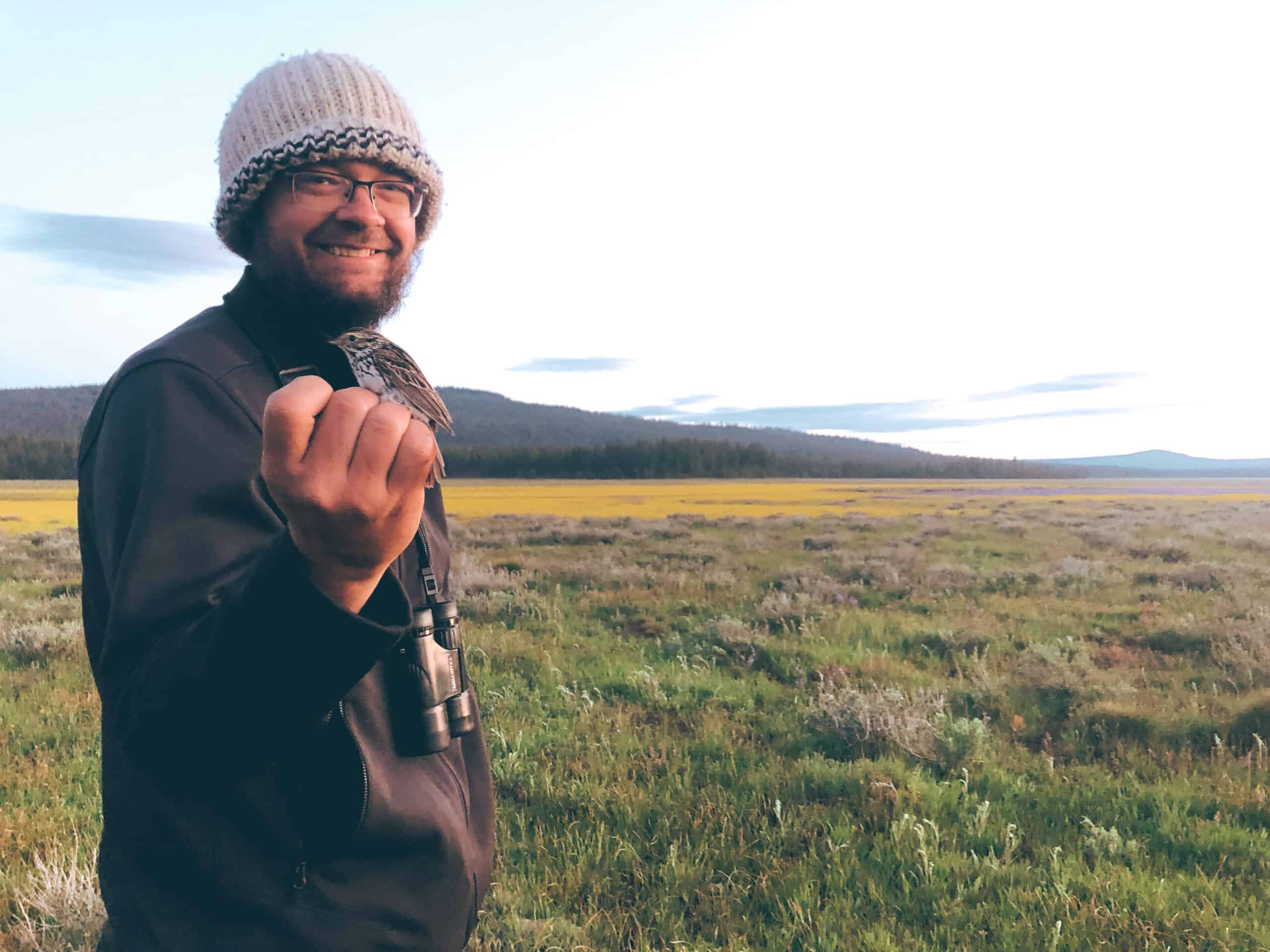
Tidal marsh sparrows lose unique genes
Adaptive traits have allowed the birds to survive a harsh environment
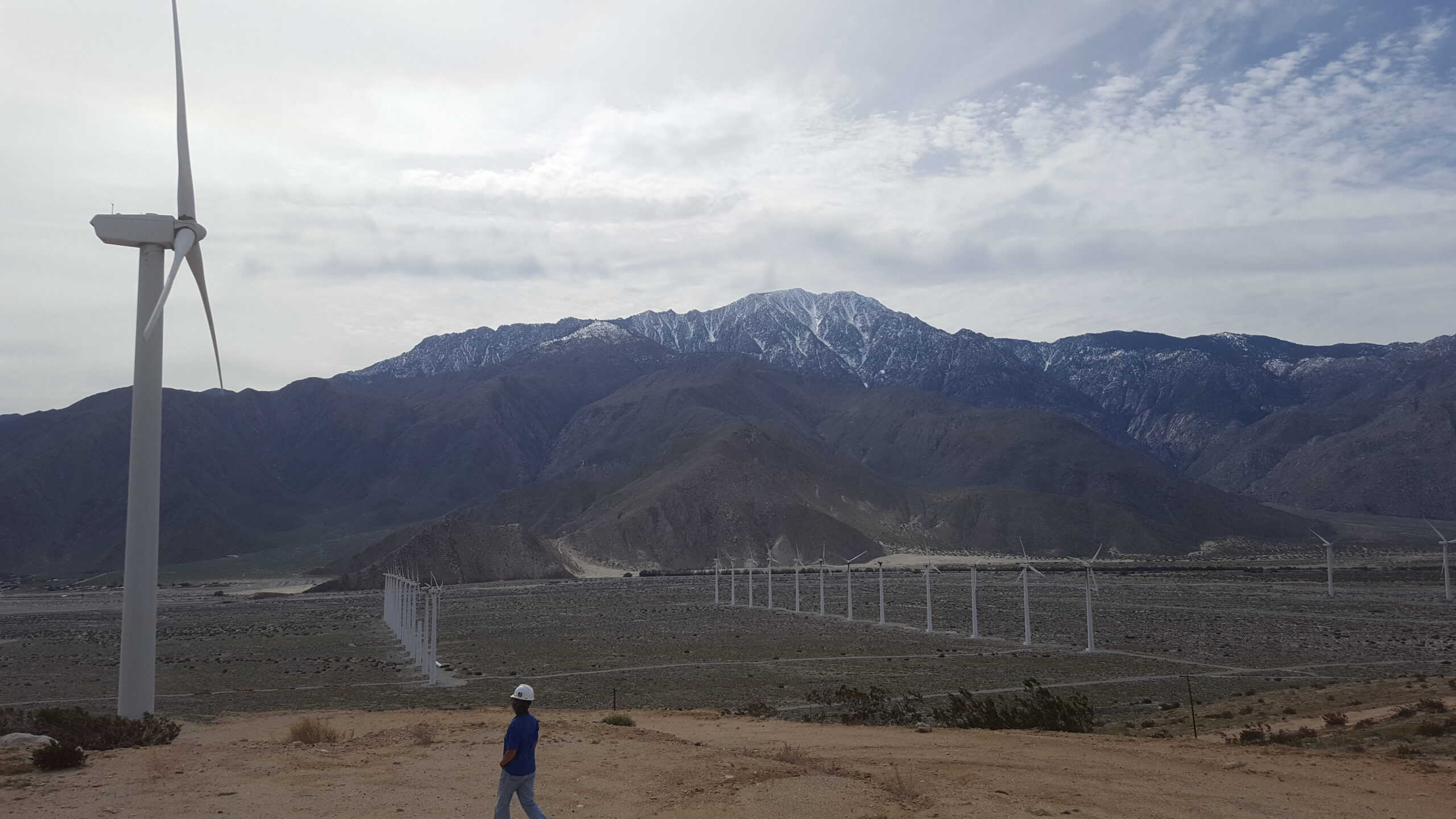
Bird feathers shed insight into renewable energy casualties
Using stable isotope analysis, researchers can find the origin of birds that died at wind and solar facilities
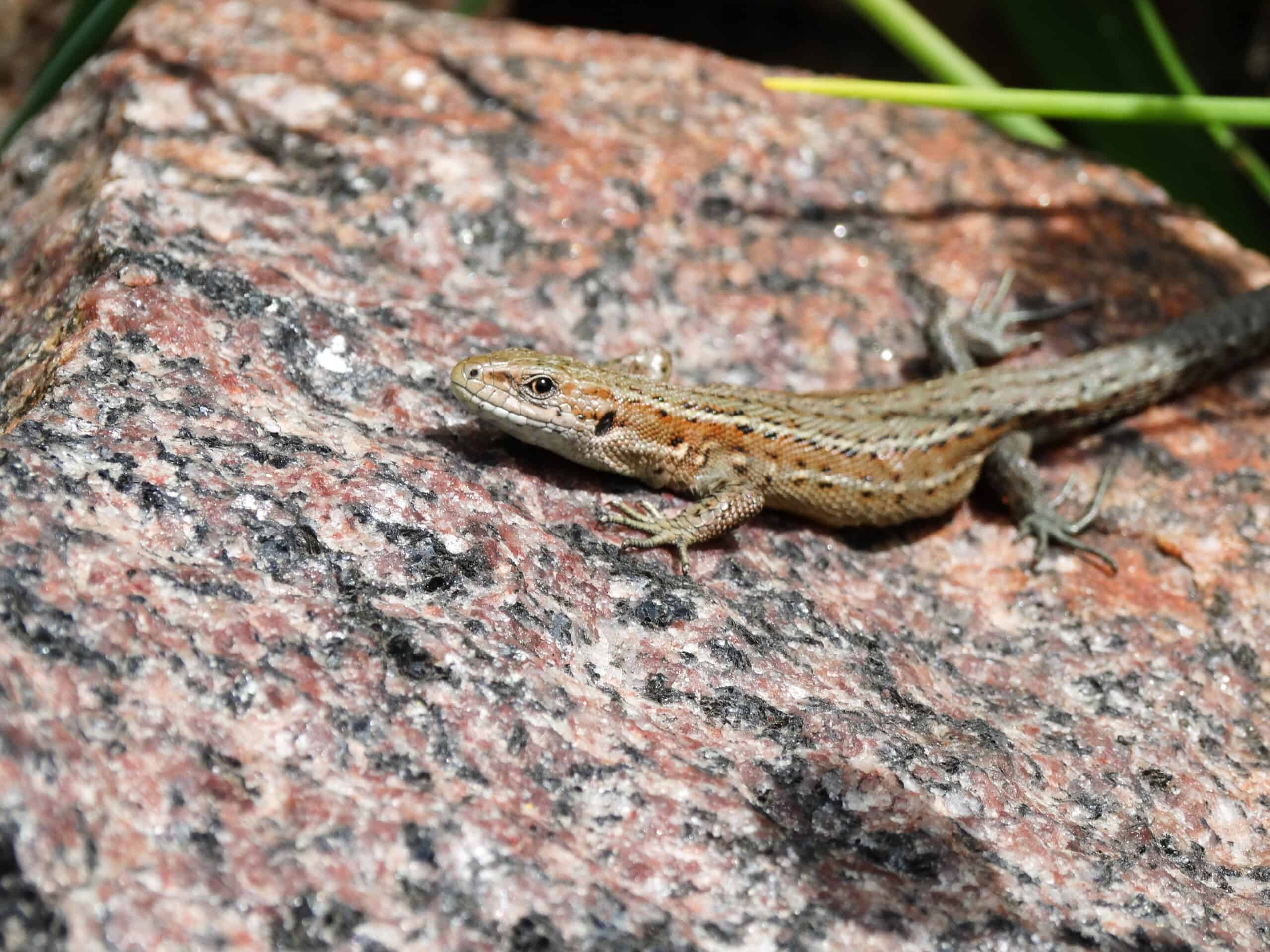
In the tropics, climate change puts cold-blooded species at risk
Tropical reptiles, amphibians and insects can’t take much more heat
PAID AD




